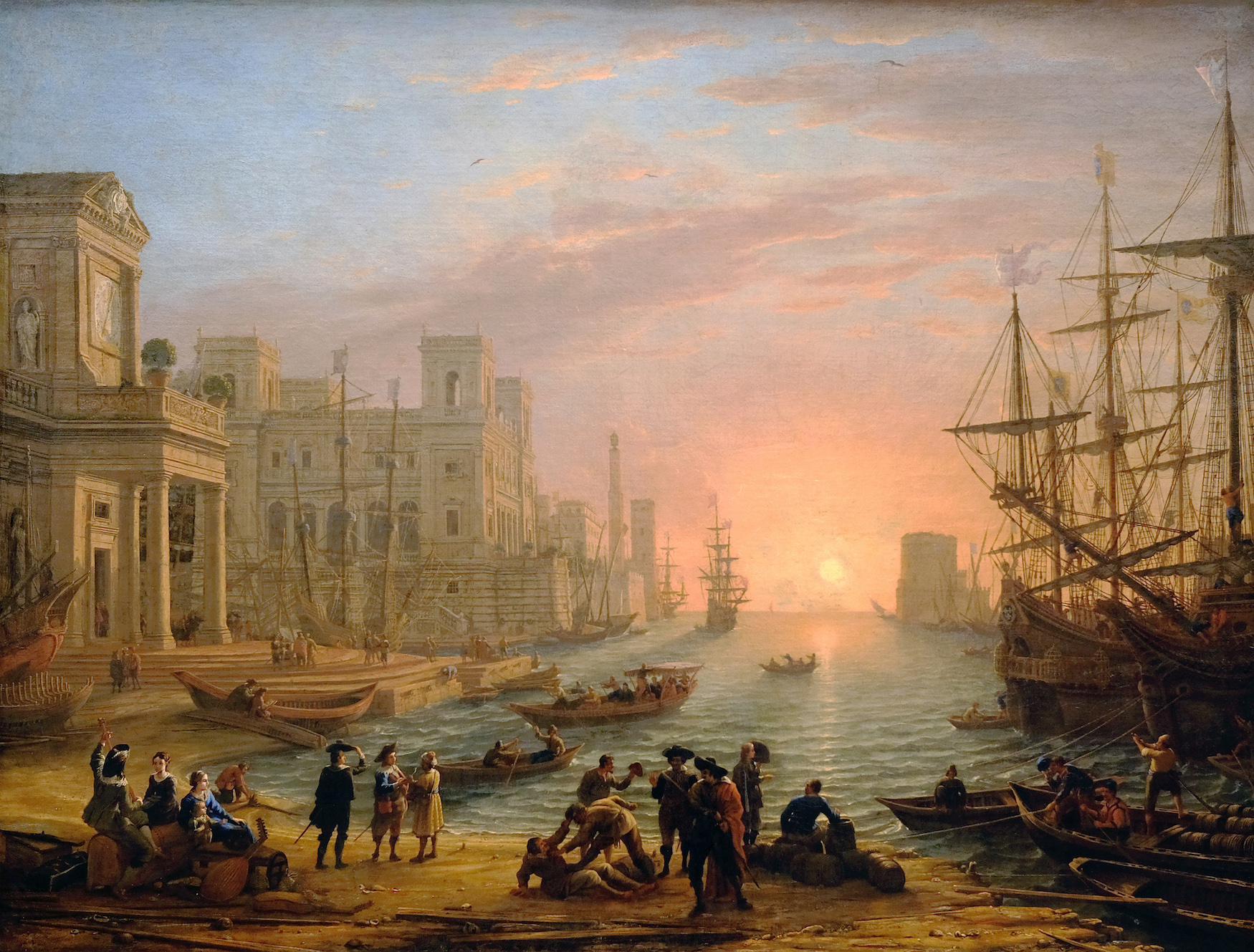This course provides an introduction to the international history of the early modern period by examining the complex political, religious, military and economic relationships between Europe and the wider world. The period between 1500 and 1800 enables the course to introduce students to a crucial period in international history. In political terms, it covers the rise of major dynastic states, with increasingly centralized institutions and concepts such as absolutism to promote the authority of the monarch, as well as the challenges to that authority and growing interest in political and social reform, culminating in the revolutions examined at the end of the course. Internationally, the period witnessed the gradual consolidation of leading European powers, as reflected in the Treaty of Westphalia (1648), with formerly peripheral states emerging to challenge their position by the early eighteenth century. At the same time, the rise of major Islamic empires in Eurasia and the growing contact between Europe and the wider world provide students with important points of comparison between European and non-European states. The intellectual, religious and cultural developments of this period provide a constant context for these major political events.

HY118 - Faith, Power, and Revolution: Europe and the Wider World, c.1500 – c.1800
This course provides an introduction to the international history of the early modern period by examining the complex political, religious, military and economic relationships between Europe and th...